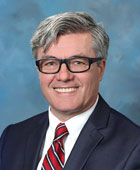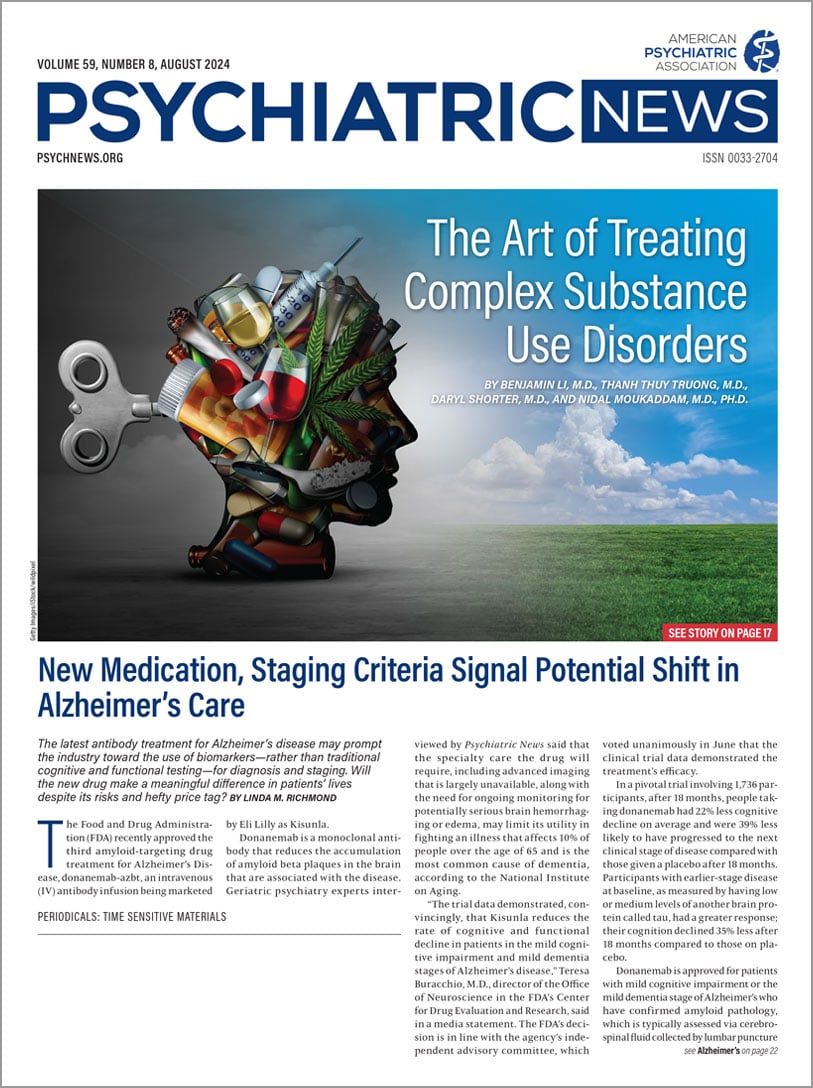Medicine could be thought of as a human activity that brings heavily diseased states back into a certain lightness of being. Psychiatry, then, is the branch of medicine that helps bring a sense of meaning and order to the disordered landscapes of the mind.
In this context, what defines a skilled psychiatrist? Regardless of one’s theoretical orientation, be it biological or psychosocial, it is the courage to find disorder and conflict instead of avoiding them. In a world rife with conflict, the psychiatrist’s role is not to suppress but to understand. Thus, we do not avoid but seek and discover, not reject but accept, not judge but understand, and, in doing so, aim to heal. These are our tools and our values.
Foundational tools, aspirational values. Yet, the reality of mental illness is one of dark shades of gray, with suffering that at times is chronic and resistant to treatment. Controversy and psychiatry know each other well, and there are times when the challenges we face in the clinic or hospital can feel overwhelming: a patient’s despair after years of failed treatments, the ethical dilemmas of involuntary commitment, the drop-in-the-bucket individual solutions aimed at strengthening a link that has been weakened by social pressures. There are times when we feel ineffective rather than victorious.
Yet, day after day, we show up for our patients. We engage in difficult conversations, navigate tense human interactions, and transform monologues into dialogues. We help mend broken relationships—with ourselves, with others, and with the world at large.
When prejudice, fear, and pain obscure any semblance of sense, a skilled psychiatrist can help uncover a hidden seed of meaning and nurture it back into the light of a well-lived life. In this renewed life, trials become triumphs, retreat leads to growth, and the fear of death and desire to annihilate transform into a wish to live and love.
In these times of fear and discontent, we psychiatrists, as individuals and as a profession, must reflect on our role in society. Can we use our skills beyond the confines of our hospitals and offices? Can we, through intentional action, foster compassionate understanding and bridge the painful divides that plague our world?
The challenges we face are great, but so, too, is our potential for good. As psychiatrists, we have a unique opportunity not only to heal individuals but to contribute to a more compassionate and just society. Let us embrace this opportunity and answer the call to action. ■

